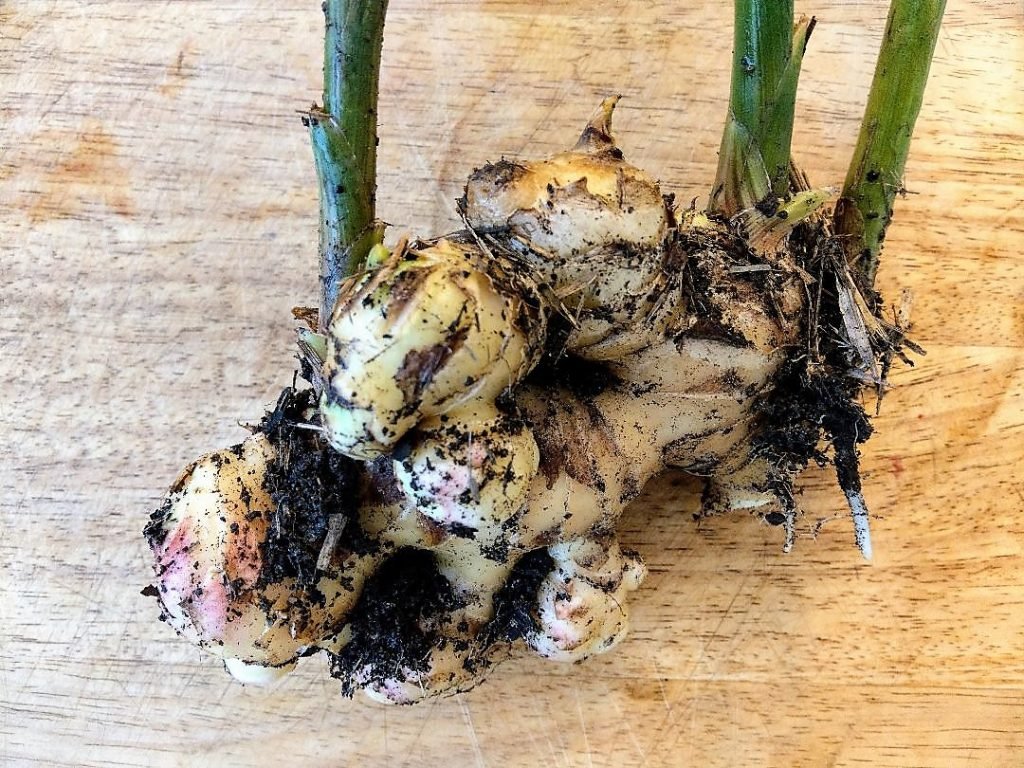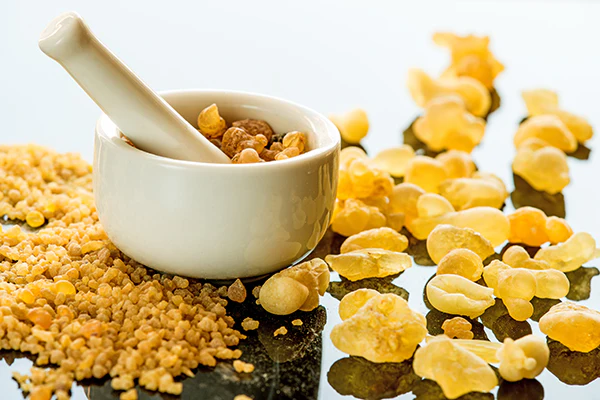The idea of “detoxing” the liver has exploded in popularity, with countless supplements, juice cleanses, and trendy diets claiming to flush out toxins and restore health. But how much of this is backed by science, and how much is just clever marketing? The truth is, your liver already detoxifies itself every day, working around the clock to break down harmful substances. While some natural methods can support liver health, many so-called detox products are unnecessary or even harmful. Let’s separate fact from fiction and explore what really works when it comes to liver detox.
How Your Liver Naturally Detoxifies
The liver is one of the hardest-working organs in the body, performing over 500 essential functions. Its main job in detoxification is to filter blood, break down harmful substances, and eliminate toxins through bile and urine.
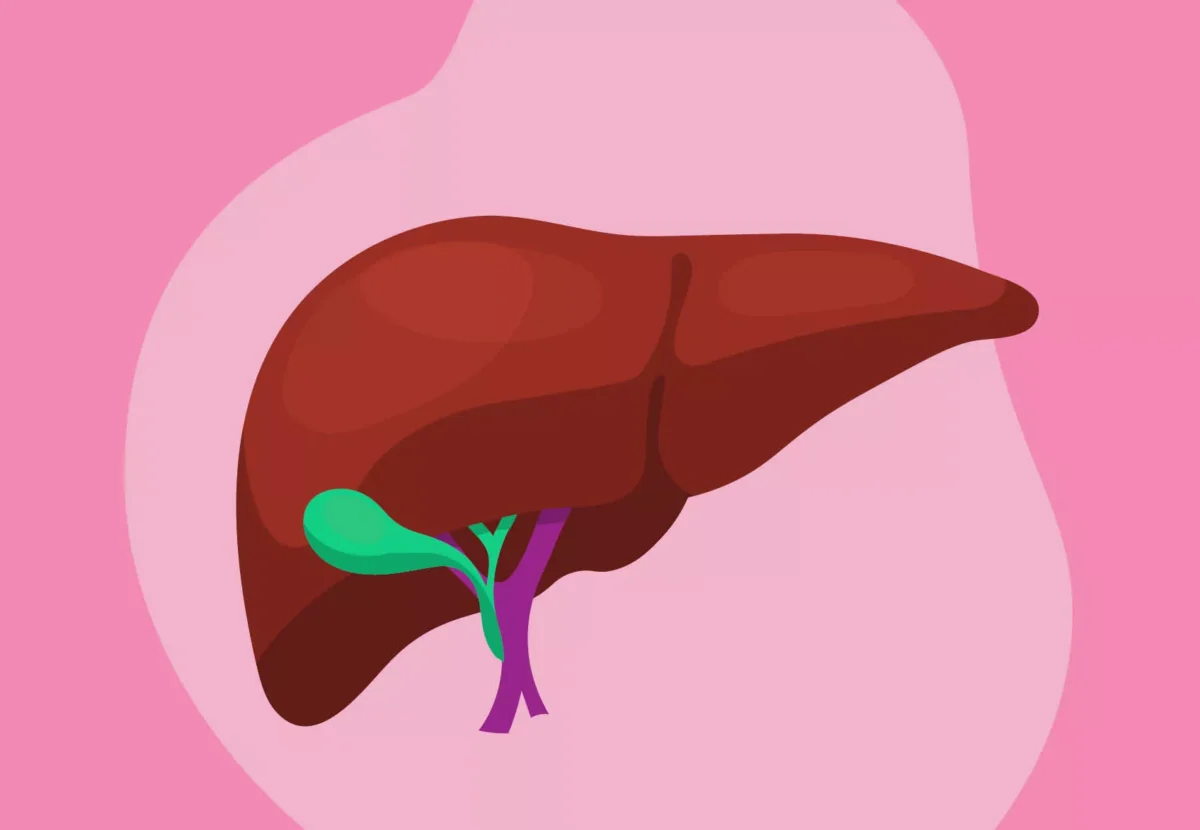
- Phase 1 Detoxification – Enzymes in the liver transform toxins into less harmful substances, making them easier to process. This phase is crucial but can also produce free radicals, which is why antioxidants from food are important.
- Phase 2 Detoxification – The liver neutralizes these transformed toxins by binding them with molecules like glutathione, making them water-soluble so they can be excreted through urine or bile.
- Elimination – Once the liver has processed toxins, they are removed through digestion or urination. This process happens constantly and does not require special detox diets or supplements.
Common Liver Detox Myths You Should Ignore
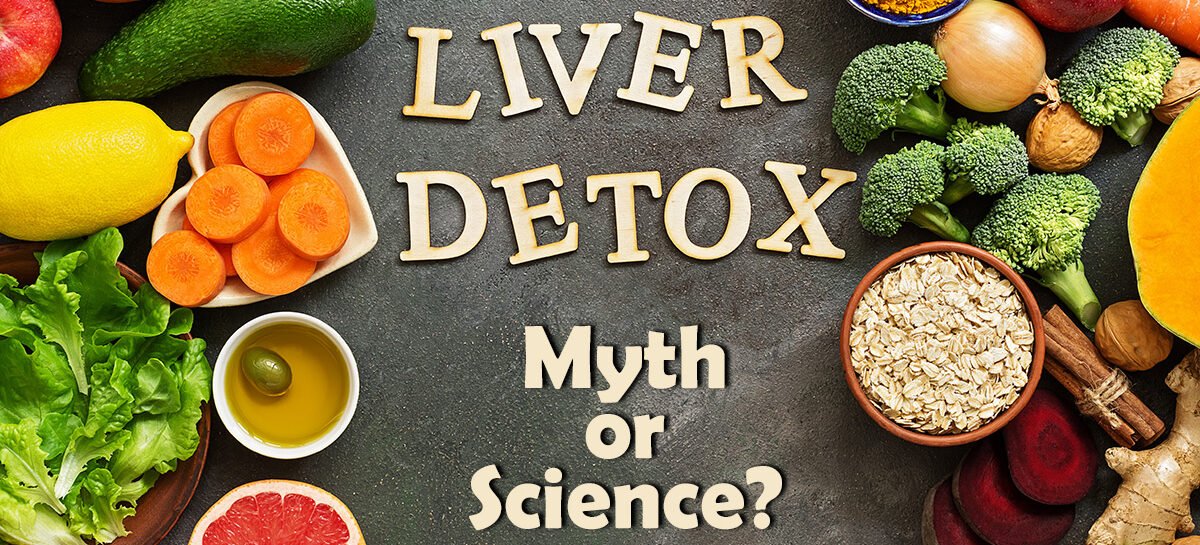
Despite the liver’s natural ability to detoxify itself, many myths persist about how to cleanse it. Let’s break down the most common misconceptions.
Myth 1: Liver Detox Supplements Are Essential
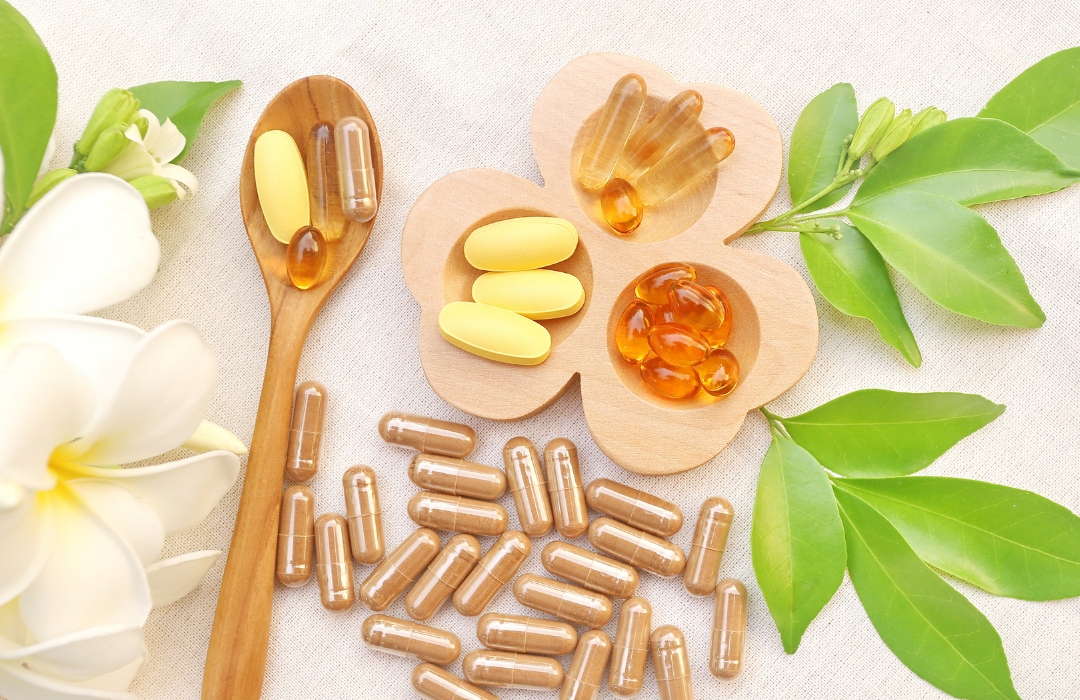
Many companies market liver detox supplements claiming to flush out toxins and rejuvenate liver function. However, there is little scientific evidence supporting these claims.
- Most of these supplements contain herbal ingredients like milk thistle or dandelion root, which may have some liver-protective properties but do not “detox” the liver in the way they claim.
- Some detox pills can even be harmful, potentially overloading the liver or interacting with medications.
- A well-balanced diet with nutrient-dense foods is far more effective than any marketed supplement.
Myth 2: Juice Cleanses Can “Reset” Your Liver
Juice cleanses are often advertised as a quick way to detoxify the body, but they can do more harm than good.
- The liver does not store toxins that need to be flushed out, so drinking only juices for days is unnecessary.
- These cleanses are often low in protein and essential nutrients, which can slow down the liver’s detox processes instead of enhancing them.
- Excess sugar from fruit juices can burden the liver and increase fat accumulation over time.
Myth 3: A Detox Diet Can Reverse Liver Damage Overnight
Many people believe that following a detox diet for a few days can undo years of unhealthy habits. Unfortunately, that’s not how the liver works.
- While certain foods can support liver function, no diet can “reset” or repair liver damage instantly.
- Reversing liver damage depends on long-term healthy habits, such as reducing alcohol intake, eating nutrient-dense foods, and maintaining a healthy weight.
- Instead of relying on a short-term detox, focus on consistent, liver-friendly lifestyle choices.
What Actually Works for Supporting Liver Health?
Rather than spending money on unnecessary detox products, there are science-backed ways to keep your liver functioning at its best.
Eat Liver-Supporting Foods
Nutrition plays a crucial role in liver health. Certain foods help the liver perform its functions more efficiently.
- Cruciferous vegetables like broccoli, Brussels sprouts, and kale contain compounds that enhance detoxification enzymes.
- Garlic and onions provide sulfur compounds that help the liver process toxins.
- Berries and citrus fruits are rich in antioxidants, reducing oxidative stress and supporting liver function.
Stay Hydrated and Limit Alcohol
Hydration is essential for flushing out waste products through urine and bile.
- Drinking enough water helps transport toxins out of the body efficiently.
- Alcohol is a major burden on the liver; excessive consumption can lead to fatty liver disease, inflammation, and long-term damage.
- Reducing alcohol intake allows the liver to focus on its primary detoxification roles.
Support Liver Function with Healthy Fats and Proteins
The liver relies on amino acids and healthy fats to function properly.
- Omega-3 fatty acids from fish, flaxseeds, and walnuts help reduce liver inflammation and prevent fat buildup.
- Lean proteins like eggs, beans, and poultry provide essential amino acids needed for detoxification.
- Olive oil and nuts offer healthy fats that reduce stress on the liver and support bile production.
How Lifestyle Choices Impact Liver Detoxification
Your daily habits play a significant role in your liver’s ability to detoxify effectively.
Exercise Regularly
Physical activity is beneficial for liver health in multiple ways.
- Exercise reduces fatty deposits in the liver, lowering the risk of non-alcoholic fatty liver disease (NAFLD).
- It improves blood circulation, allowing the liver to filter toxins more efficiently.
- Even moderate activity, like walking or strength training, can enhance liver function.
Manage Stress and Get Quality Sleep
Chronic stress and poor sleep can negatively impact liver function.
- High stress levels contribute to inflammation, which can burden the liver over time.
- Poor sleep disrupts the liver’s ability to regulate glucose and metabolize toxins.
- Aim for 7–9 hours of sleep per night to support the body’s natural repair processes.
Limit Processed Foods and Sugar
What you eat daily affects your liver’s ability to detoxify.
- Excessive sugar and refined carbohydrates can contribute to fatty liver disease and insulin resistance.
- Processed foods contain artificial additives and unhealthy fats that put additional strain on the liver.
- Choosing whole, nutrient-dense foods minimizes the toxic load on the liver.
Conclusion: Focus on Long-Term Liver Health, Not Quick Fixes
The idea of liver detoxes may be appealing, but the reality is that your liver doesn’t need extreme cleanses or expensive supplements to function. Instead, long-term healthy habits—such as eating nutrient-rich foods, staying hydrated, limiting alcohol, exercising, and managing stress—are the best ways to support liver health.
Rather than falling for detox myths, focus on sustainable choices that allow your liver to do what it does best: detoxifying your body naturally. By taking care of your liver consistently, you can improve your overall well-being and prevent potential liver-related diseases in the future.









